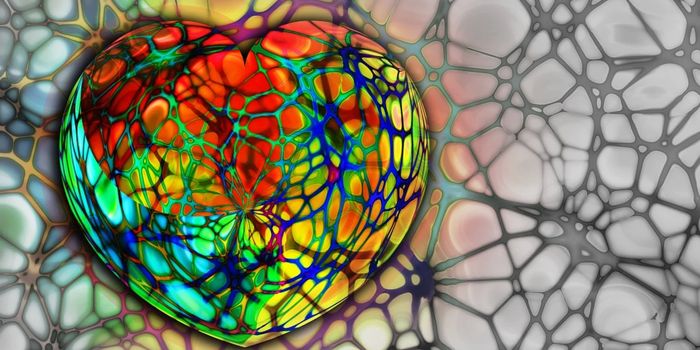Reducing the Risk of Rejection During High-Risk Heart Transplants
Waiting for the perfect heart can be a long and unsuccessful process, made necessary by specific antigens and antibodies in human organs that can target each other and lead to the rejection of a transplanted organ. However, a new technique provides an opportunity of reducing the risk of heart transplant rejection by “soothing” patient antibodies prior to the procedure, through desensitization.
Measurement of a factor called anti-human leukocyte antigen (HLA) antibodies tells doctors when a patient is at risk of organ rejection. Anti-HLA can bind donor HLA antigens like the immune system binds antigens from a pathogen, and binding causes rejection of the organ as if it were recognized as a dangerous, foreign invader.
When a person waiting for a heart transplant has anti-HLA antibodies specific to the donor tissue’s HLA antigens, the person’s antibodies are called “donor specific” anti-HLA antibodies, or DSA. Because of the high risk of rejection in the case of a person with DSAs, the transplant is usually cancelled, and the person has to wait for a different donor with different HLA antigens.
"Most centers do not perform heart transplantation in patients with a high DSA level,” explained lead author Guillaume Coutance. According to the Gift of Life Donor Program, the average median wait time for heart transplants is four months, with the availability of local hearts providing the potential to speed up the process. Regardless, many heart failure patients don’t have any time to waste.
To save precious time for those waiting, Coutance’s new study investigated the possibility of using drugs to prevent the immune system from rejecting transplanted organs even in the most risk DSA situations. Depending on whether patients had low DSA or high DSA, essentially a distinction between how at risk they were of organ rejection, Coutance used a different “cocktail” of desensitization drugs:
-
Anti-thymocyte globulins
-
Conventional immunosuppressive therapy
-
Intravenous immunoglobulins
-
Pre- and post-op plasmapheresis
A study of just over five hundred participants followed for about four years after the procedure helped Coutance and his team visualize the effectiveness of the new sensitization approach. Diversity among the participants enabled the researchers to compare outcomes between patients with no DSA, low DSA, and high DSA. After controlling for several potentially confounding variables, they saw that survival times were very similar among the three groups.
“By desensitising patient's antibodies, those with high immunological risk experience similar survival to patients without DSA,” Coutance explained. “Pre- and post-operative plasmapheresis results in a dramatic drop in DSA levels, which reduces the risk of hyper-acute rejections and early antibody-mediated rejections. Intravenous immunoglobulins will neutralise DSA for weeks."
With positive results on the table, Coutance anticipates the new desensitization approach to benefit many people in the future, especially those patients with not a lot of time to wait for a 100 percent perfect organ match: "This desensitisation programme could shorten waiting times and increase access to transplantation for patients at high immunological risk.”
Sources: European Society of Cardiology, Gift of Life Donor Program









